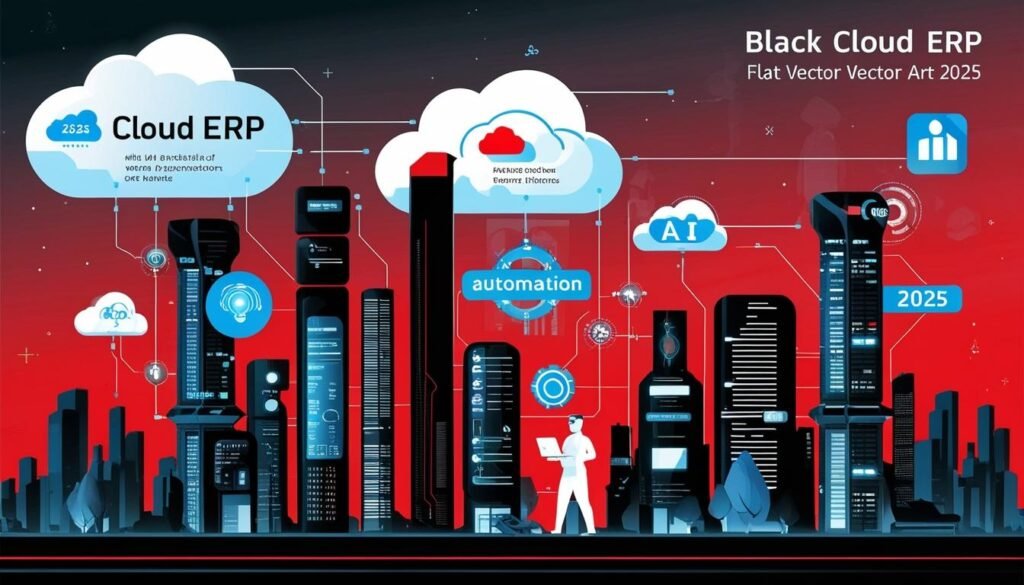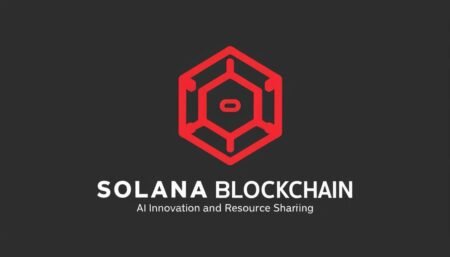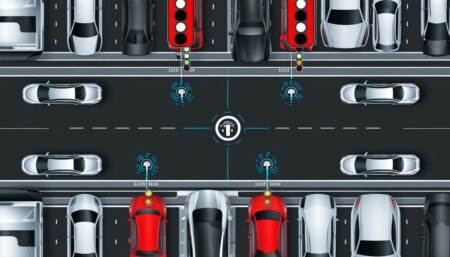As businesses prepare for 2025, the integration of AI and cloud ERP systems is reshaping operational efficiency and decision-making, marking a critical evolution in the corporate landscape.
The landscape of business operations is undergoing a significant transformation as cloud ERP systems integrate advanced technologies like artificial intelligence (AI) and automation to redefine efficiency and process management. As companies approach 2025, these systems are becoming essential tools for maintaining competitiveness in a rapidly evolving market.
Cloud ERPs, a significant evolution from their on-premises counterparts, have become a cornerstone of modern business infrastructure. They facilitate collaboration and enable the smooth flow of data across diverse departments. The implementation of cloud ERPs enhances scalability, agility, and the provision of real-time insights, all critical for businesses aiming to meet market demands and customer expectations effectively.
In recent years, particularly in 2024, AI has emerged as a pivotal driver of ERP transformation. Businesses now expect their ERP systems to not only manage daily operations but also proactively enhance decision-making processes. As noted in a report, “In 2024, AI officially graduated from experimental to indispensable,” emphasising its critical role in the development of new features across major cloud ERP platforms. Vendors are introducing AI capabilities like autonomous anomaly detection and real-time budget optimisation, signifying a paradigm shift in the functionalities of ERP systems.
Among the practical implementations of AI in ERP systems, NetSuite’s offerings stand out. Its AI-driven insights allow finance leaders, such as CFOs, to automate the identification of anomalies, coupled with suggested remedial actions. The NetSuite Analytics Warehouse is increasingly popular, gathering and centralising data from various sources, and applying AI to generate immediate trend detection and forecasting capabilities.
As we move further into 2025, the evolution of cloud ERPs is poised to lead towards self-learning systems. These systems will likely incorporate advanced scenario modelling, hyper-automation of routine tasks, proactive risk assessment, and enhanced fraud detection, all integrated into seamless operations. The integration of generative AI within ERP solutions will also facilitate the creation of natural language reports and summarise complex datasets, enriching the decision-making framework for business leaders.
Another trend emerging is the development of “clean core” ERP systems, designed to eliminate techno-logical debt and reduce complexity. Modern businesses are increasingly viewing ERP as part of an integrated ecosystem rather than a standalone solution. To achieve this, organisations are utilising clean API architectures and integration Platform as a Service (iPaaS) solutions which enhance data flow across different systems, enabling real-time inventory updates and payroll data to feed directly into broader financial forecasting.
Despite the technological advancements in ERP systems, the human component remains a vital aspect of successful implementation. Establishing a solid change management framework is essential. This includes engaging end-users early in the process, ensuring transparent communication, and providing extensive training. The incorporation of a user-friendly interface and the maintenance of data quality throughout the migration process can significantly enhance user adoption rates.
As the future unfolds, the rapid evolution towards AI-driven ERPs will continue to reshape finance operations. The expectation is that these systems will learn from historical data and predict future trends, effectively anticipating business needs and improving operational efficiency. Routine tasks will become increasingly automated, allowing finance professionals to redirect their focus on strategic initiatives that drive growth.
As the ERP landscape evolves towards 2025 and beyond, the embrace of AI, a focus on integration, and a commitment to nurturing the workforce will be crucial for CFOs and business leaders looking to unlock the full potential of these innovative systems. The developments on the horizon suggest a promising pathway for businesses to enhance their operational capabilities and foster a culture of data-driven decision-making.
Source: Noah Wire Services
- https://cumula3.com/blog/ai-future-of-cloud-erp-systems – This article explains how AI enhances cloud ERP systems by automating tasks, providing advanced analytics, and supporting decision-making, highlighting NetSuite’s innovative AI-driven features.
- https://www.mossadams.com/articles/2024/06/ai-and-cloud-erp-solutions – This article details the benefits of AI-infused cloud ERP solutions, including streamlined operations, improved decision-making, enhanced customer engagement, and increased security, with a focus on NetSuite’s capabilities.
- https://www.datasciencecentral.com/top-ways-artificial-intelligence-impacts-erp-software-in-enterprises/ – This article outlines the key benefits of AI in ERP systems, such as predictive capabilities, effective insights, and decision support, and how AI transforms data handling and business intelligence.
- https://cumula3.com/blog/ai-future-of-cloud-erp-systems – This source corroborates the role of AI in enhancing decision-making processes and automating tasks within cloud ERP systems, particularly through NetSuite’s AI-driven features.
- https://www.mossadams.com/articles/2024/06/ai-and-cloud-erp-solutions – This article supports the idea that cloud ERPs are evolving to include advanced AI technologies for tasks like revenue forecasting, supply chain management, and financial controls.
- https://www.datasciencecentral.com/top-ways-artificial-intelligence-impacts-erp-software-in-enterprises/ – This source highlights how AI in ERP systems can analyze historical data and market trends to forecast future conditions and optimize business operations.
- https://cumula3.com/blog/ai-future-of-cloud-erp-systems – This article discusses the integration of AI into cloud ERP systems, enabling features like predictive analytics and trend detection, which are crucial for proactive decision-making.
- https://www.mossadams.com/articles/2024/06/ai-and-cloud-erp-solutions – This source explains how AI-infused cloud ERP solutions enhance productivity by automating tasks and providing real-time analytics, allowing employees to focus on strategic activities.
- https://www.datasciencecentral.com/top-ways-artificial-intelligence-impacts-erp-software-in-enterprises/ – This article emphasizes the importance of AI in streamlining processes and automation within ERP systems, leading to increased efficiency and better decision-making.
- https://cumula3.com/blog/ai-future-of-cloud-erp-systems – This source supports the notion that the human component, including change management and user-friendly interfaces, is vital for the successful implementation of AI-driven ERP systems.
- https://www.mossadams.com/articles/2024/06/ai-and-cloud-erp-solutions – This article underscores the importance of integration and the use of clean API architectures and iPaaS solutions to enhance data flow and real-time updates in ERP systems.
- https://news.google.com/rss/articles/CBMiiAFBVV95cUxNd3hlbGhtbW9sbWllbjhDVkxyV1hPYjJheHp6MkhpMEw2WFl1Znl3aU1LYkltS3ZjRGtPRm1MNmhRYUFtd3pUNEt6Q0pYVi1nQTNGSS05ZzMybjRxdFR5cEl1YkNERWo5djd4eWJ6dGR1blF1ZjVFcHlYZWVNZGZSNFlvejZnYVYy?oc=5&hl=en-US&gl=US&ceid=US:en – Please view link – unable to able to access data















